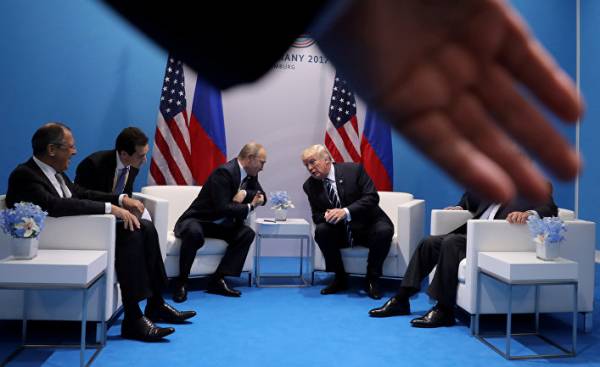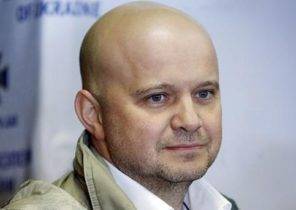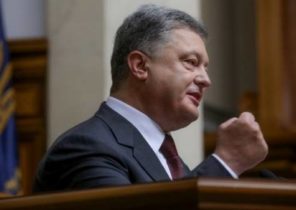
In the normal course of events, the publication of information about attempts to collude with Russia with the purpose to influence the outcome of the presidential election would force the administration to make every effort to adjust his course. The President would find ways to resist the aggression of Russia, including aggression in cyberspace, mainly in order not to create the impression that he is on the hook at a strategic adversary.
However, the President, the trump after a long personal conversation with Vladimir Putin and a complete surrender to Russia in Syria — acts like he is really on the hook at a strategic adversary. The shameful decision to stop the program for assistance to the moderate Syrian opposition means that the “Putin won in Syria,” said one official, whose words are quoted from the edition of the Washington Post. Concessions do not involve any military action and despite the weighted recommendations of foreign advisers, testifies more likely to surrender than on expanding influence. If this is “victory” according to trump, what can be its consequences? The restoration of the Warsaw Pact? The return of Alaska to Russia?
The subordination of the President of the United States to Russian interests and worldview cannot be considered normal. This is not the result of a bold, secret foreign policy stratagems in the spirit of Nixon is the most ridiculous of all possible explanations. Was it the result of authoritarian tendencies trump? Maybe it’s the result of his fundamental sympathy for the European ultraprivate, anti-democratic populism? In this case, innocuous explanations are lacking, and the worst of them seem most likely.
Now it is extremely difficult to predict what the result of this approach, but his results will undoubtedly be the growing influence and aggression of Russia in Eastern Europe and the middle East (where the winner has been Iran, the Syrian regime and Hezbollah). Meanwhile, we can now calculate the part of our future losses.
Trump leads the Republicans from their own heroic foreign policy tradition. A strategy of waging the cold war, perfected by Ronald Reagan, who worked with Soviet leaders, but remained an enemy of communism and a determined opponent of Soviet aggression. In fact, he was able to interact successfully with Soviet leaders precisely because he was an enemy of communism and a determined opponent of Soviet aggression. There is no single or simple explanation of US victory in the cold war, but the Republicans are convinced that the Central role played by the strategic commitment of the United States.
Now trump has a policy of preemptive concessions in relations with Russia, which literally holds the offensive in such countries as Georgia and Ukraine. Trump was Henry Wallace, a populist right wing (the position which often coincide with the positions of the populist left wing). “We must recognize, said Wallace after the Second world war, that we have the same right to interfere in the politics of Eastern Europe as Russia — the politics of Latin America, Western Europe and the United States.” But the difference is that today, Russia has allowed itself to interfere in the political Affairs of the United States. And this has been no meaningful response from the United States. Russia’s intervention in key constitutional ritual actually down with her hands.
And this points us to a key result of Russophile trump. In fact, Russia has received permission for large-scale and unconventional attack designed to annul the results of the “color revolutions” and to restore the lost greatness, to the detriment of neighboring States and to American interests. Russia used a complex mixture of traditional military operations and cyber operations in order to Annex territory and to destabilize governments. It systematically assisted the ultra-right, nationalist leaders and to support Pro-Russian, anti-democratic parties across Europe. She is trying to deprive the democratic process of legitimacy, believing that instability in the West is beneficial to the developing East. This strategy allows Russia to achieve greater strategic results — especially now that trump has decided to deprive the US of their natural role of a counterweight.
How profound is this transformation of self-perception of America in the world? I suspect (and social science confirm this) that the public has a very superficial knowledge of foreign policy and that leaders play a disproportionately large role in the legitimization and delegitimization of views in such issues as trade, foreign aid, and Russia. Therefore, 49% of Republicans now consider Russia an ally or friend, listening to political signals leader of his party. But this cognitive conformism could work in a different direction if I were in charge of the more traditional Republican leadership.
The problem is the damage to U.S. interests in the process. The impression that the Russians — through intervention and presidential elections and attempts to hush up this topic was able to carry out such an operation, about which the Soviet leadership could not even dream of. As a result, America was defenseless as the strategic and moral sense.







